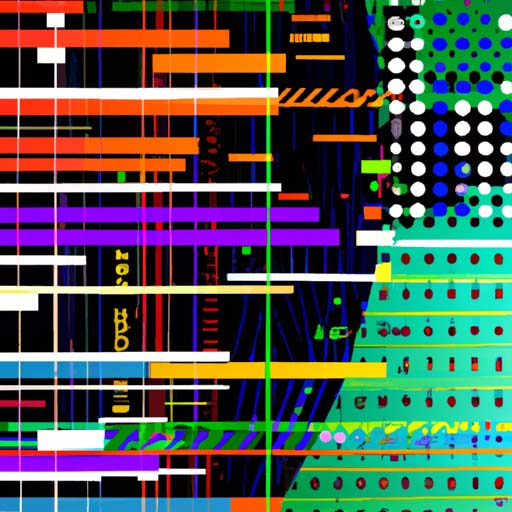TLDR:
- Japan is embracing AI-powered medical technologies to overcome a shortage of workers.
- New policies are addressing the evolving nature of machine learning-based devices in the country.
Japan is increasingly turning to AI-powered medical technologies to address the growing shortage of medical workers in the country, exacerbated by the rapid aging of its population. This shift towards leveraging artificial intelligence in healthcare is crucial in overcoming the stresses faced by the health care system. John Collings, Asia-Pacific president of Stryker and chair of the Asia Pacific Medical Technology Association, highlights the significance of adopting AI in the medical field.
The use of AI in healthcare is seen as a solution to optimize patient care, streamline processes, and improve efficiency in medical settings. With Japan’s aging population and the increasing demand for healthcare services, AI-powered technologies can play a crucial role in filling the gap left by the shortage of medical workers.
New policies are being implemented to address the evolving nature of machine learning-based devices, ensuring that these technologies meet the required standards and regulations in the healthcare sector. By embracing AI in medical technologies, Japan is taking a step forward in ensuring quality healthcare delivery amidst demographic challenges.
Overall, the integration of AI-powered medical technologies in Japan represents a pivotal shift in the country’s healthcare landscape, aiming to enhance patient outcomes, optimize resource utilization, and improve the overall efficiency of the healthcare system.
